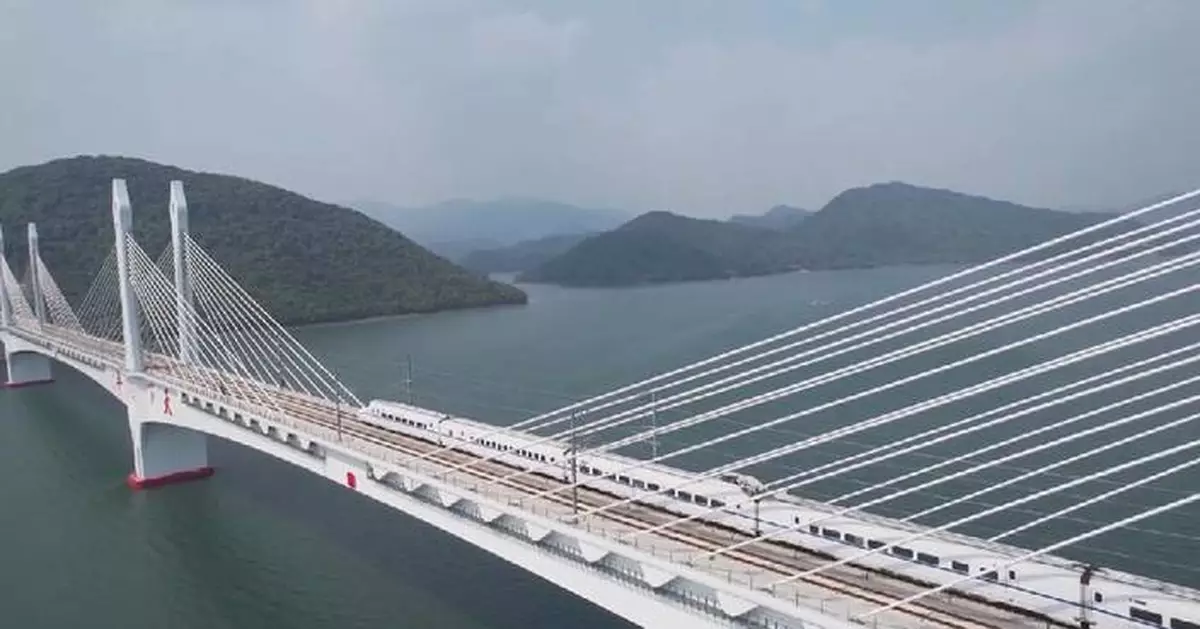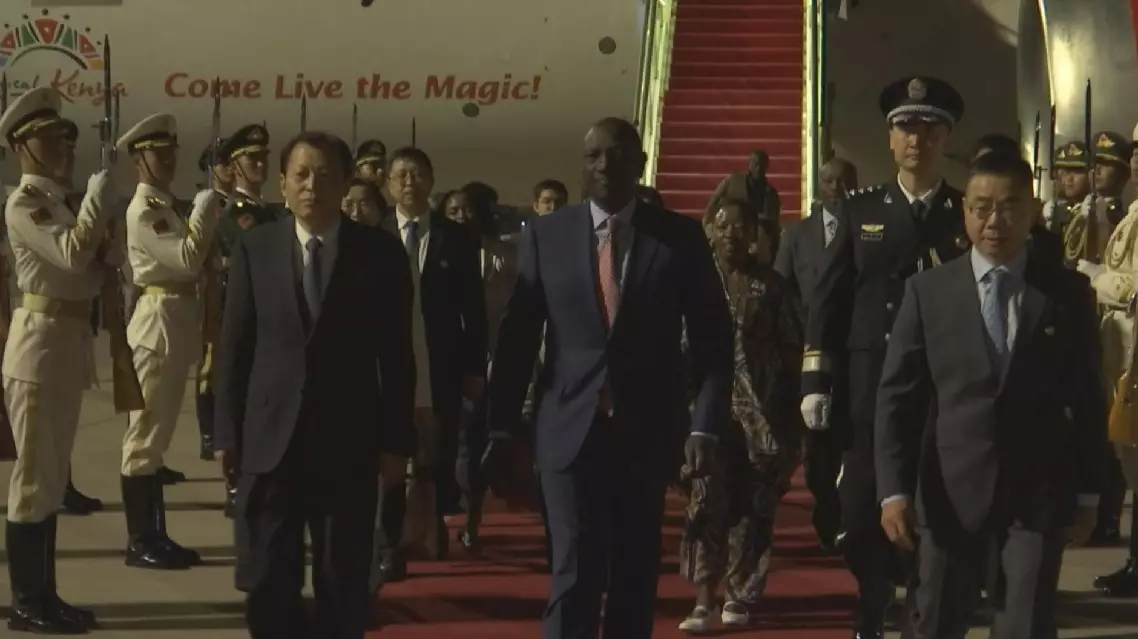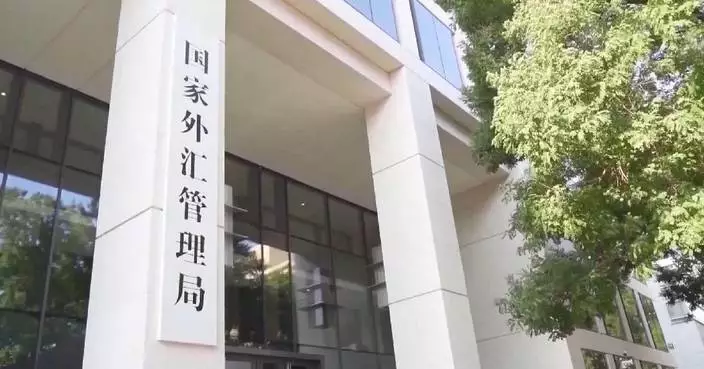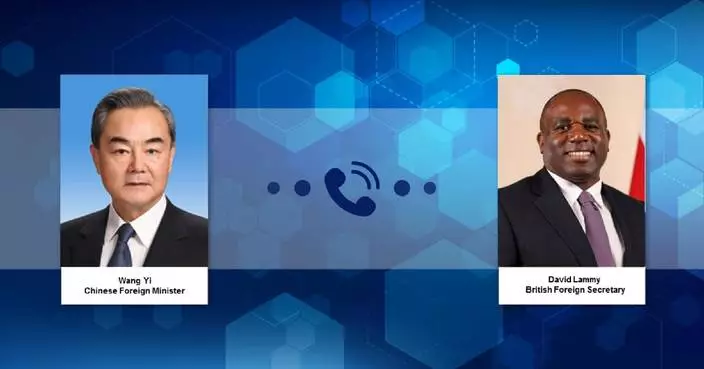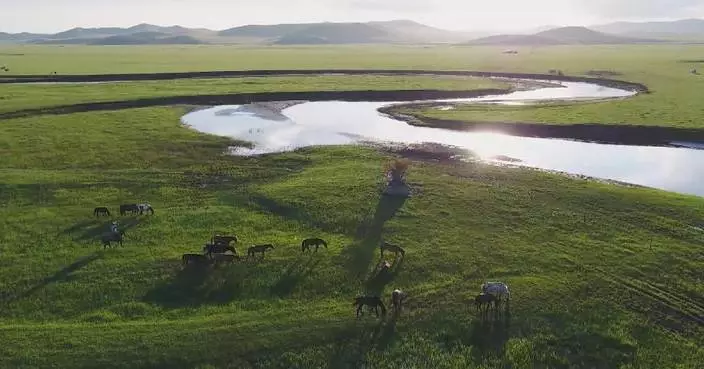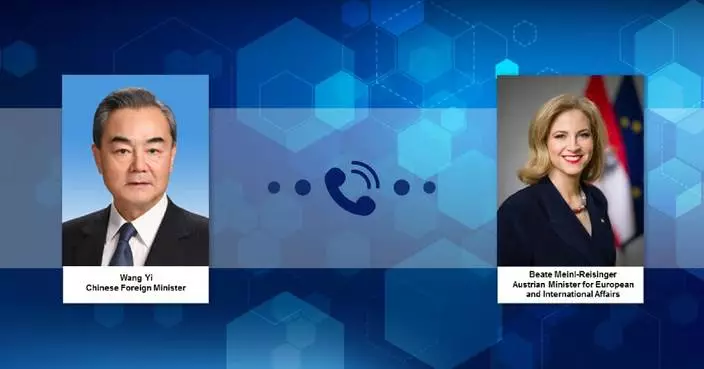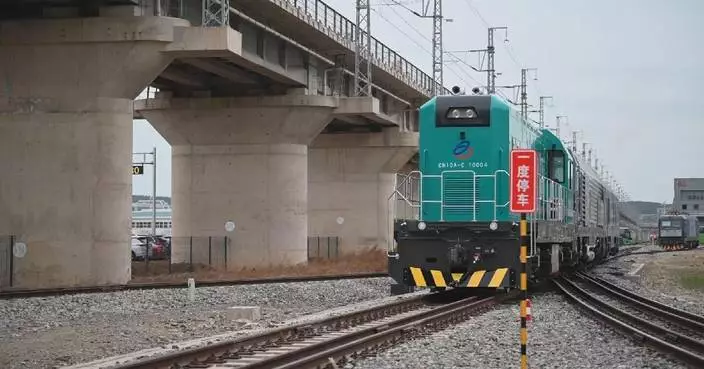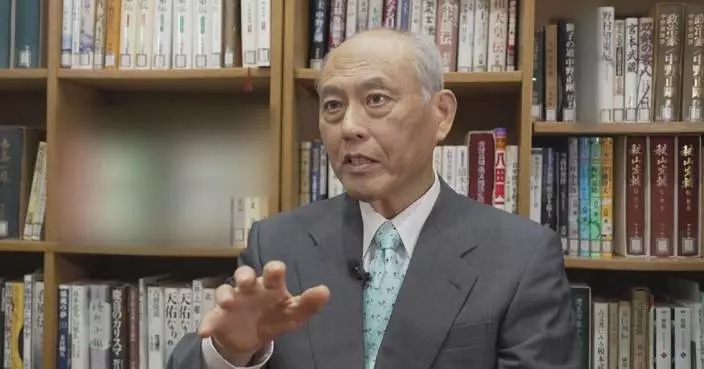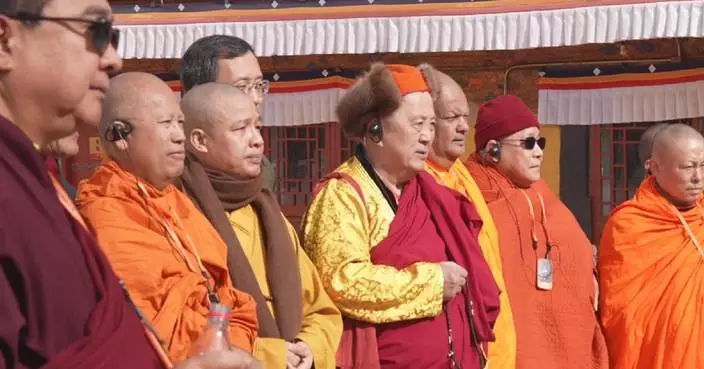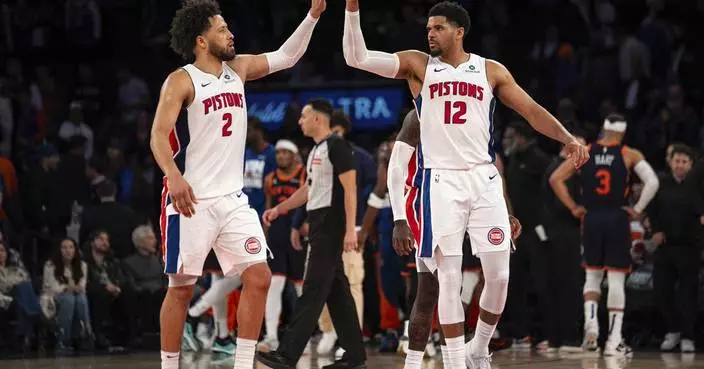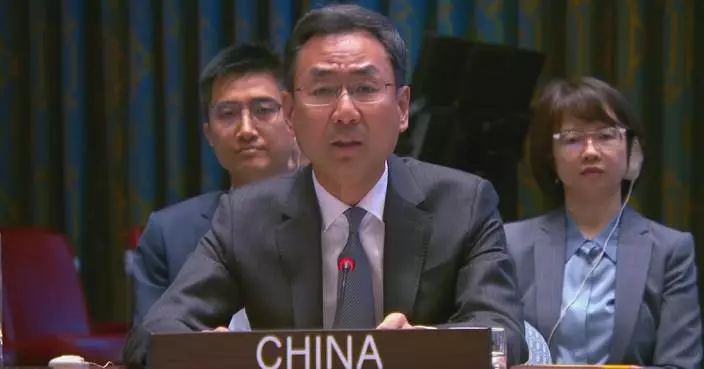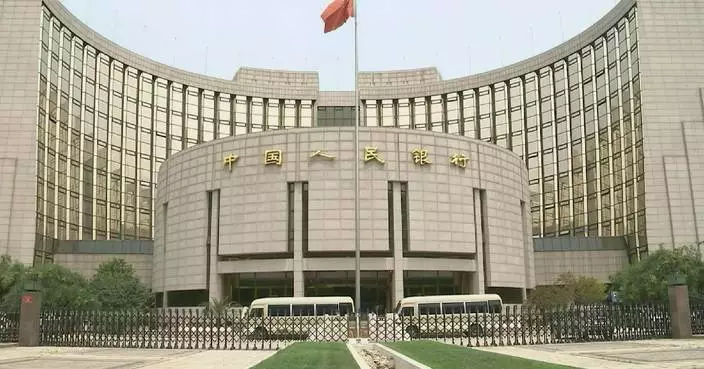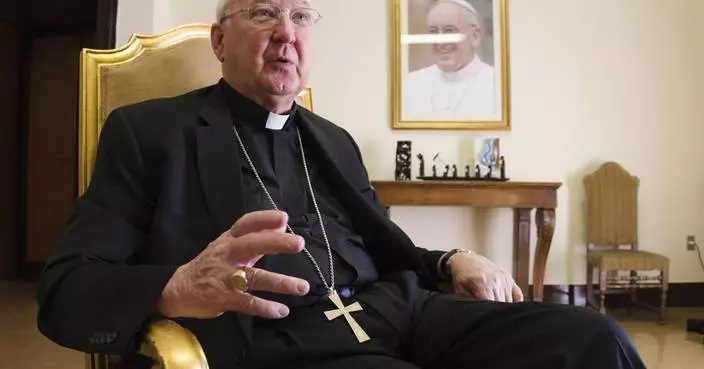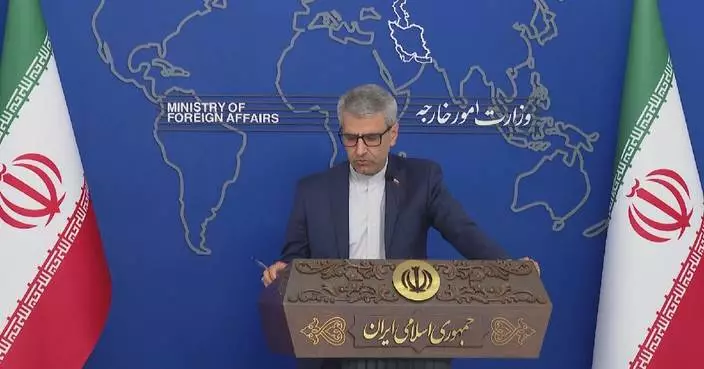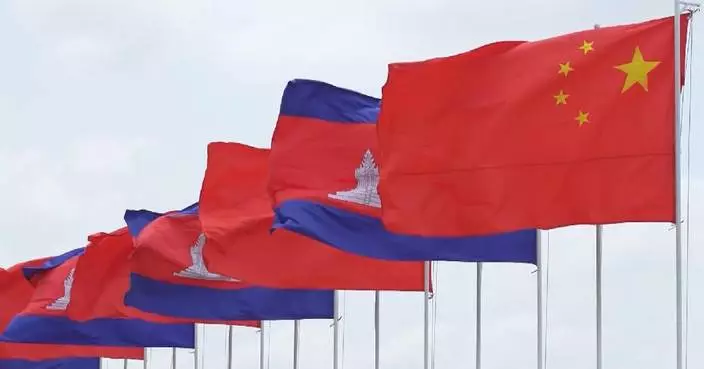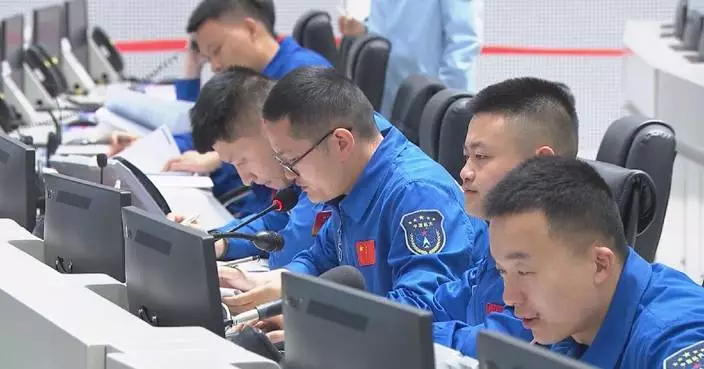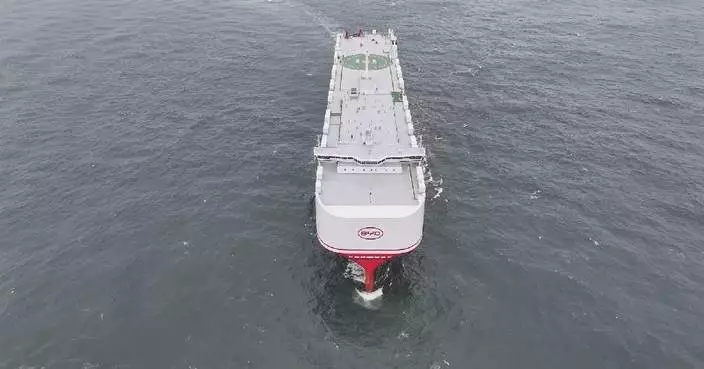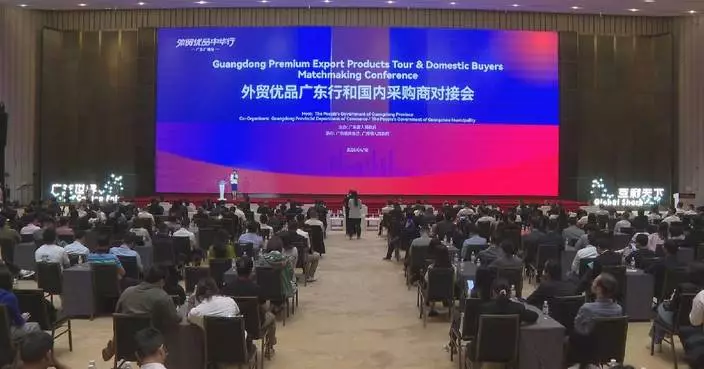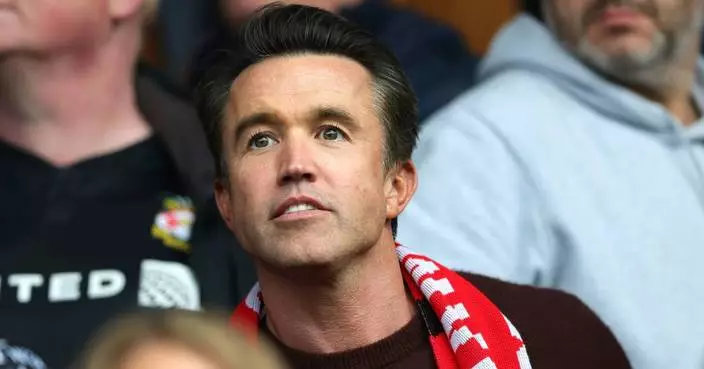The railway loop line in China's Yangtze River Delta, an economically vibrant region in China, handled about 110,000 passenger trips in the first month of its operation.
Along the loop line, Shanghai and provincial capital cities of Nanjing, Hefei and Hangzhou are all important transport hubs connected with the country's railway trunk lines. For a full loop, the train travels for eight hours and nine minutes on a track that extends more than 1,200 km.
"This is my second time taking this train, and I'm heading to Wuxi this time. I usually travel to Wuxi twice a month, and I prefer this train. The facilities in the carriage also meet my needs very well," said a passenger surnamed Gao.
"In the past month, the loop line in the Yangtze River Delta operated for 28 days, with an average daily occupancy rate of nearly 90 percent, handling over 3,800 passenger trips on an average day," said Peng Bo, deputy chief of the marketing section of the passenger transport department of the China Railway Shanghai Group.
Dubbed a scenery line, the railway threads scenic cities such as Hangzhou, Suzhou, Wuxi and Nanjing.
"This high-speed railway connects the most economically developed region in the Yangtze River Delta with the region possessing the richest tourism resources, which can further promote the economic development in the region," said Yang Yansheng, an assistant chief engineer at the China Railway Shanghai Design Institute Group.
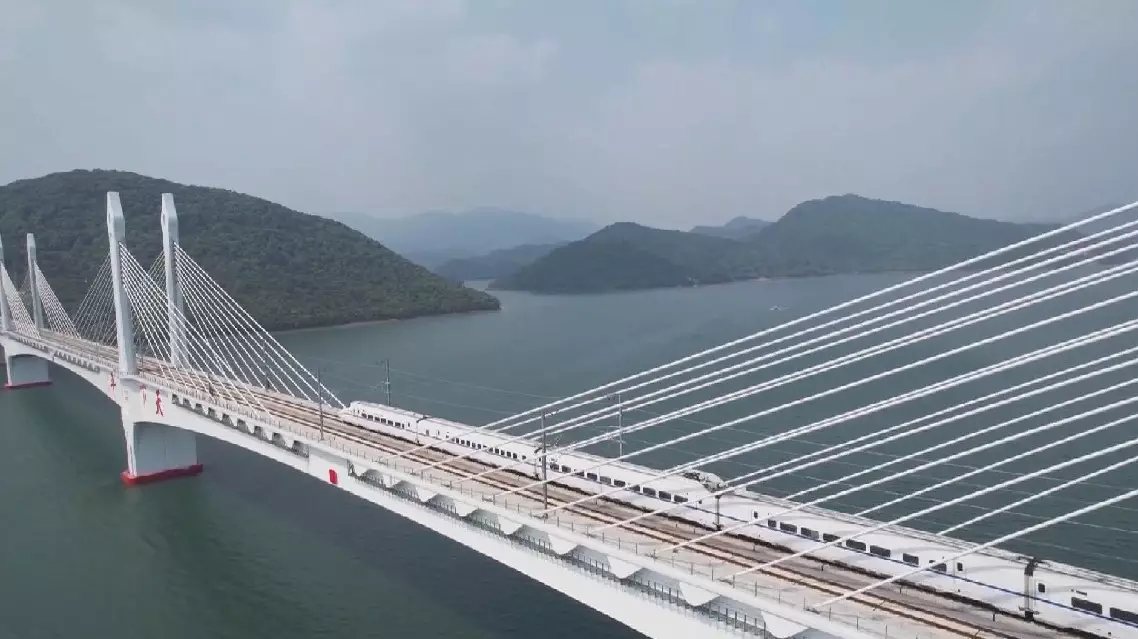
Railway loop line in China's Yangtze River Delta handles 110,000 passenger trips in first month of operation


